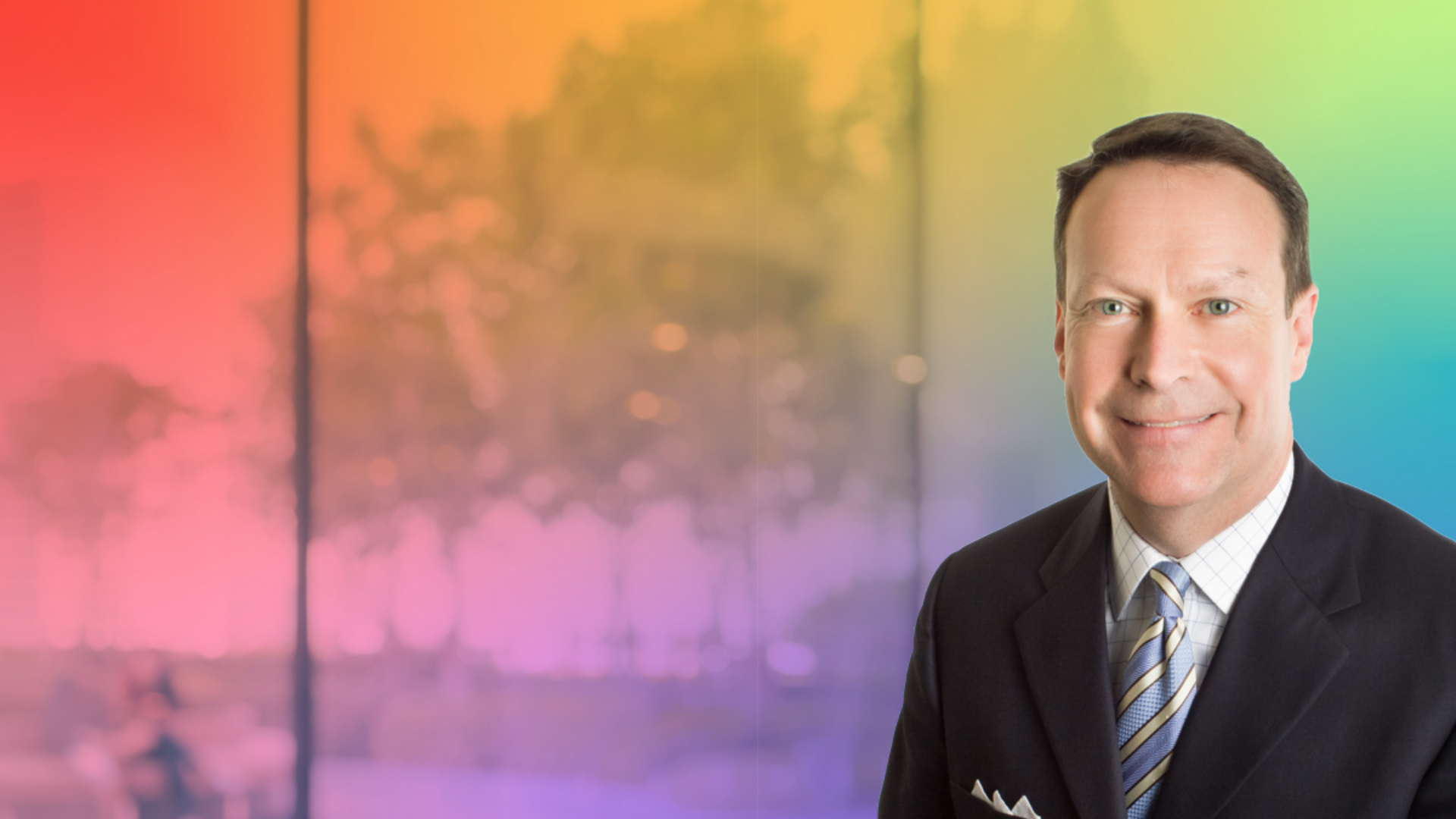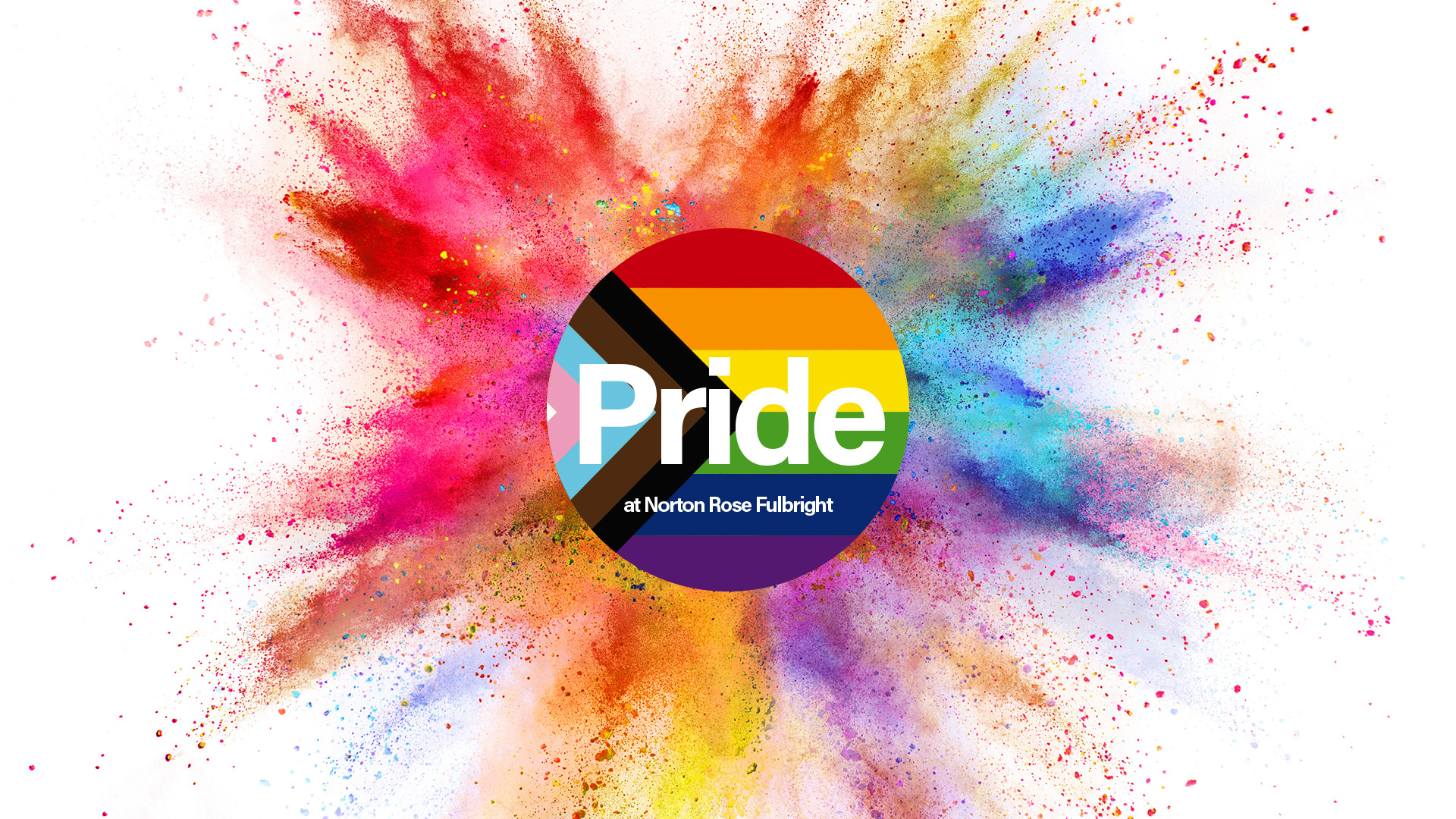He recalls an event hosted by the Pride network that focused on trans inclusion: “We had about 400 people attend across the country. Later in the afternoon after the program, I received a call from a partner I have known for over 30 years,” says Mark. “He said, ‘I’m just an old white cis guy and I found that really interesting’. We went on to discuss the program. He was interested enough to show up and interested enough to continue the conversation after the program. It is so good to spur those conversations that we didn’t have 20 or 30 years ago.”
Mark says that if he has ever experienced any microaggressions as a result of his sexuality he hasn’t noticed them. His advice to younger colleagues is: “I tell people that they should be as out at the firm as they feel comfortable being. That is different for different people at different times. There are some people who are comfortable letting colleagues know immediately, and some who aren’t, and that’s okay, because everyone’s journey is different.”
Another key role of the Pride network is to raise visibility, says Mark. In June, the US practice will start a quarterly virtual lunch event inviting lawyers who identify as LGBTIQ+ across the U.S. business. “We have some offices where there is only one out person,” he says. “Since we learned how to Zoom, we have done cocktail parties and events online. That has been really valuable for everyone to get to know each other across offices and help our colleagues feel included.”
This year, Mark is playing a key role in organising the New York City Bar Association’s Annual Pride Reception. He says he recognises the responsibility as he becomes more senior to be something of a role model.
“As leaders, I think one of the most important things we can do is verbalise this,” says Mark. “We need to say that our LGBTIQ+ colleagues are valued and should be included. If we say it, and we say it enough, and we are doing events where people are having these conversations, then people start to see this as an okay place to be.”
After 33 years with the business, Mark has seen a lot of change, but he says the firm’s inclusive DNA remains just the same.




